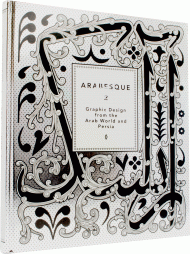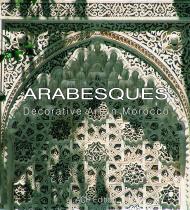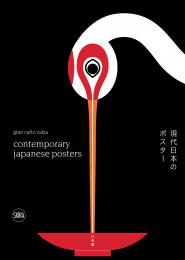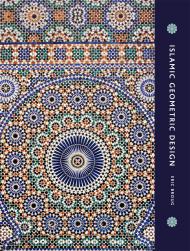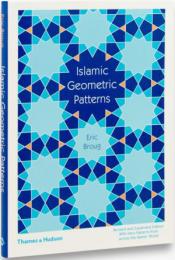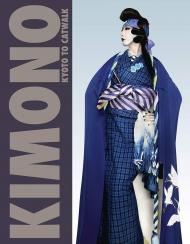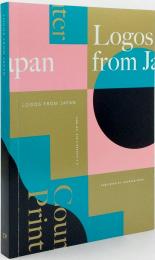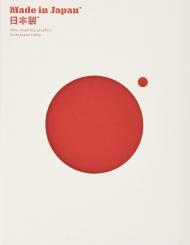Найбільш повний том на цю тему будь-якою мовою японського графічного дизайну було досліджено та опубліковано в Італії до першого десятиліття нового тисячоліття, але з того часу до сьогодні є прогалина.
за редакцією Gian Carlo Calza з Елізабеттою Скантамбурло
Це дослідження має на меті заповнити цю прогалину, розглядаючи перші два десятиліття нового тисячоліття, охоплюючи, з одного боку, минуле, в іменах важливих визнаних майстрів, а з іншого боку досліджуючи нові імена та тенденції. Том включає 85 графічних дизайнерів і 756 плакатів. Це найповніший том на цю тему будь-якою мовою.
Вважається, що японські сучасні плакати почали створюватися в середині 50-х років, після Другої світової війни та після періоду депресії, постмілітаризму та поставтаркії. Новий експресивний спосіб підживлювався стимулами, що надходили з-за кордону, але це також був шанс переосмислити традиційні теми та кольори, перенісши їх у сучасність освіжаючим та успішним способом.
З післявоєнного періоду в Японії стрімко розвиваються мистецтва: живопис, архітектура, скульптура, графіка, театр, музика, кіно. Впливи, асиміляції, заперечення, трансформації, нові творчі процеси породили величезну кількість культурних і мистецьких рухів. У цьому лабіринті експресивних форм графічний дизайн є дорогоцінним інструментом для відстеження та наслідування нитки національної творчості та більш-менш інтенсивної сталості традиційної естетичної чутливості в нових формах.
Понад півстоліття після зародження графіки та майбутні Олімпійські ігри, які відбудуться зараз у 2021 році, цей том має на меті отримати широкий погляд на тенденції та естетичні зміни, які можна простежити в розвитку графічного дизайну в Японії.
______________
У цій книзі зібрано найкраще з японського графічного дизайну в плакатах, які супроводжували Японію від Олімпіади в Токіо 1964 року до створення логотипу Issey Miyake і від Osaka Expo до офіційного плаката Pan-Pacific Design Congress. Кенія Хара народився в провінції Ок'яма в 1958 році. Після закінчення факультету дизайну в Університеті мистецтв Мусасіно в 1981 році та отримання ступеня магістра в 1983 році він приєднався до центру дизайну Nippon, де в 1992 році заснував Інститут дизайну Хара.
Юсаку Камекура народився в Канбарі в 1915 році. Його вважають особою, яка найбільше сприяла поширенню японського графічного дизайну в період після Другої світової війни. У 1933 році він закінчив факультет архітектури та промислового мистецтва; у 1940 році він став директором Nippon Kobo, а в 1949 році його призначили художнім керівником журналу Commerce Japan. Його найважливіші проекти, включно з плакатами для Олімпійських ігор 1964 року, Виставки в Осаці 1970 року, Хіросімських звернень і логотипу Nippon Telegraph and Telephone Corporation, зробили значний внесок у підвищення його слави.
Шін Мацунага народився в 1940 році в Токіо. Після закінчення факультету дизайну в Токійському національному університеті образотворчого мистецтва та музики в 1964 році він приєднався до рекламного відділу Shiseido. Він розробив плакат PEACE ’86 і курував весь графічний дизайн для Музею сучасного мистецтва Sezon. Він також розробив символ і офіційний плакат для Пан-Тихоокеанського конгресу дизайну 1989 року, плакат з правами людини на честь 200-річчя Французької революції, медаль до 120-річчя Монетного двору, логотип для Issey Miyake і RHIGA Royal Hotels і дизайн упаковки для французького бренду сигарет Gitanes Blondes (1995).
Кінорежисер і арт-директор Нагі Нода народилася в Токіо і зробила собі ім’я одного з найважливіших молодих японських дизайнерів. Спочатку вона здобула популярність як арт-директор, розробляючи рекламу для друкованих ЗМІ та графіку для видавництва та музичної індустрії, а потім працювала для більших клієнтів, таких як Nike та універмаги Laforet Harajuku. Ікко Танака народився в 1930 році в Нарі. У 1950 році, коли йому було лише 19 років, він закінчив Школу образотворчого мистецтва міста Кіото (нині Кіотський університет мистецтв) і одразу після цього почав працювати в таких компаніях, як текстильна компанія Kanegafuchi та щоденна газета Sankei Shinbun. Він розробив вивіски та медалі для Олімпіади в Токіо 1964 року та павільйон, присвячений історії Японії на виставці Osaka Expo 1970 року.
